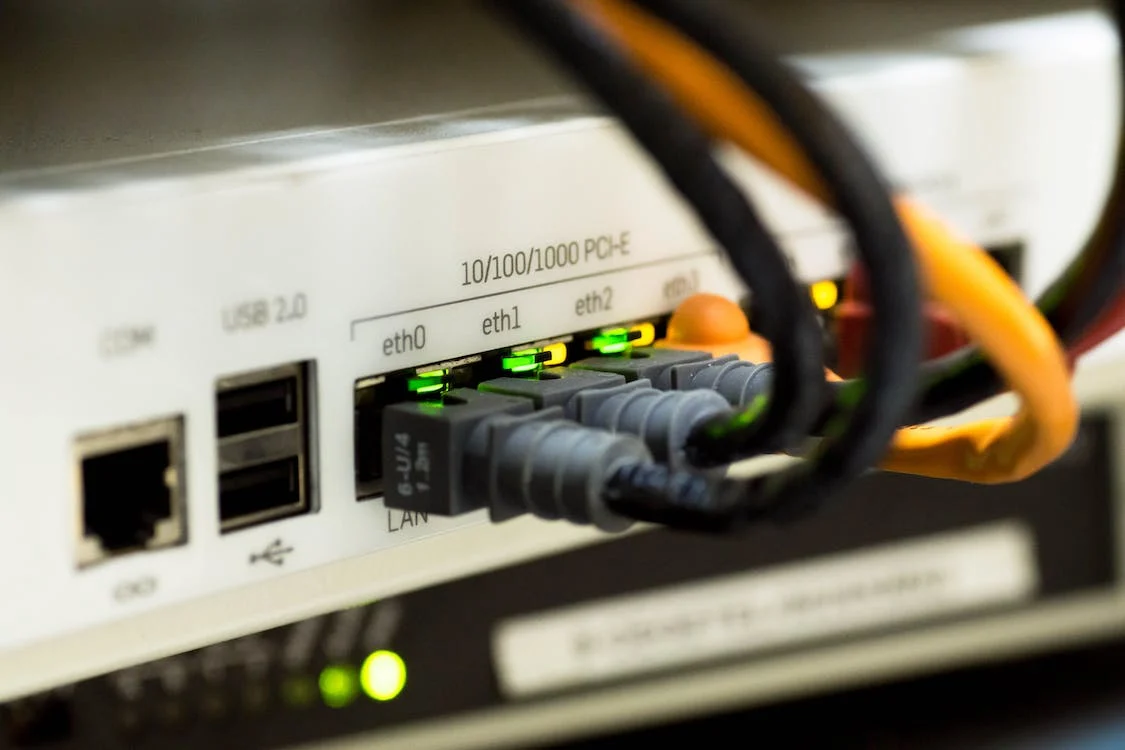There are various options available to treat substance use disorders. These include access to an Intensive Outpatient Program (IOP). One of the challenges for some who need this level of professional help is accessing these facilities.
In recent years, the integration of telehealth services into the treatment of substance use disorders (SUDs) has emerged as a transformative approach. The introduction of options such as evening IOP programs has significantly expanded access to these essential health services and support systems.
Introducing Telehealth
The advent of telehealth has been particularly timely, considering the sharp increase in substance use and related disorders exacerbated by factors such as the COVID-19 pandemic and ongoing opioid crisis.
By leveraging digital platforms, telehealth offers a versatile and effective means of delivering treatment and support, potentially reshaping the landscape of SUD care.
Substance use disorders represent a complex interplay of psychological, physical, and social factors. Traditionally, treatment involves a combination of medical intervention, counseling, and support groups. However, barriers such as geographic isolation, lack of local healthcare resources, and stigma associated with seeking treatment have historically limited access for many individuals.
Telehealth is designed to address these challenges head-on by enabling healthcare providers to offer counseling, therapy, medical prescriptions, and continuous support remotely.
Why Telehealth Works
The core advantage of telehealth lies in its accessibility. Patients living in remote or underserved areas, where specialist SUD treatment facilities are scarce or nonexistent, can now receive high-quality care directly from their homes.
This is particularly crucial in rural communities, which are often hit hardest by shortages of healthcare professionals and substance abuse issues. Not only that, someone who might avoid traditional treatment settings due to stigma or fear of discrimination may well prefer a telehealth option as it offers a discreet and private means of accessing help.
Another significant aspect of telehealth is its ability to provide continuous care. SUD treatment often requires long-term management, where consistency and follow-up are key to recovery. Telehealth platforms facilitate regular check-ins and therapy sessions, making it easier for patients to remain engaged with their treatment plans.
The use of telehealth also allows for immediate intervention if a patient is in crisis, thus preventing relapse more effectively than intermittent, in-person appointments might.
Making the Most of Current Technology
Telehealth also integrates innovative technologies that enhance treatment. For example, digital applications can help manage withdrawal symptoms, monitor sobriety, and provide virtual support groups where patients can share experiences and strategies.
It also helps that patient data is discretely and efficiently collected through these platforms. This can be used to tailor individual treatment plans and improve outcomes based on real-time feedback and monitoring.
Are There Any Downsides to Telehealth?
Although the benefits of telehealth far outweigh the negatives, there are some challenges and limitations to think about.
Issues such as technological literacy, privacy concerns, and the impersonal nature of digital interactions may deter some patients from fully embracing this mode of treatment. It is relevant to be aware of these points, but it will probably deter a small number of patients from embracing what telehealth has to offer.
The effectiveness of telehealth in treating SUDs has been supported by research and real-world applications. Studies have shown that telehealth interventions can be just as effective as in-person treatments for certain populations and can significantly improve patient outcomes.
For all of the positive reasons outlined, telehealth stands as a saving grace in the field of SUD treatment as it promises a more inclusive, accessible, and adaptable healthcare framework to help ensure that anyone struggling with SUDs can access the life-saving care they need.

